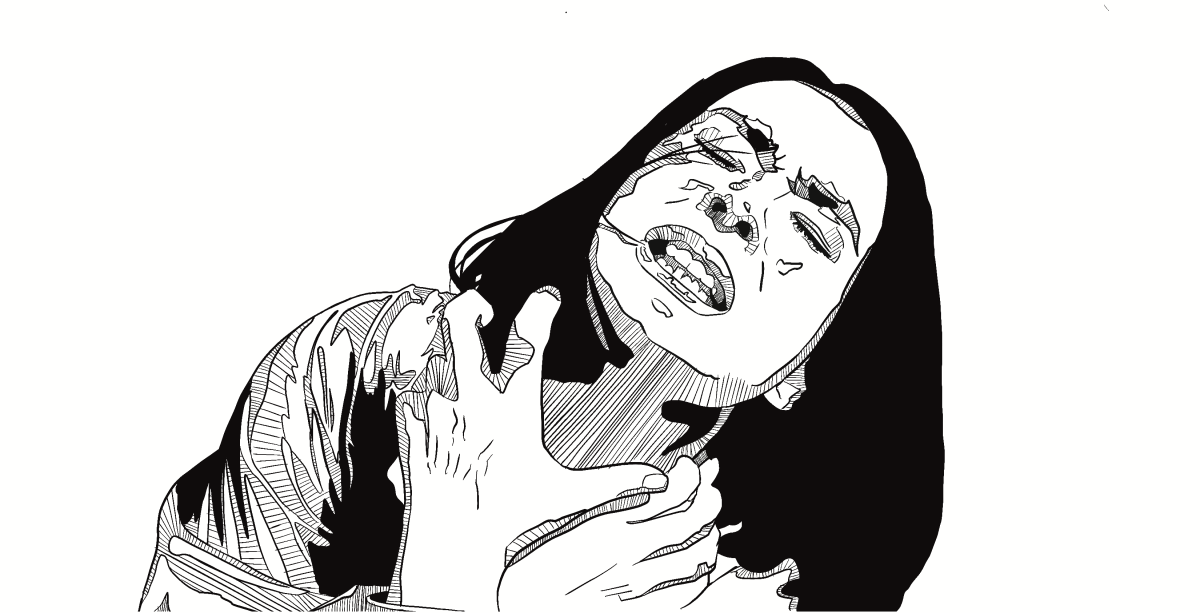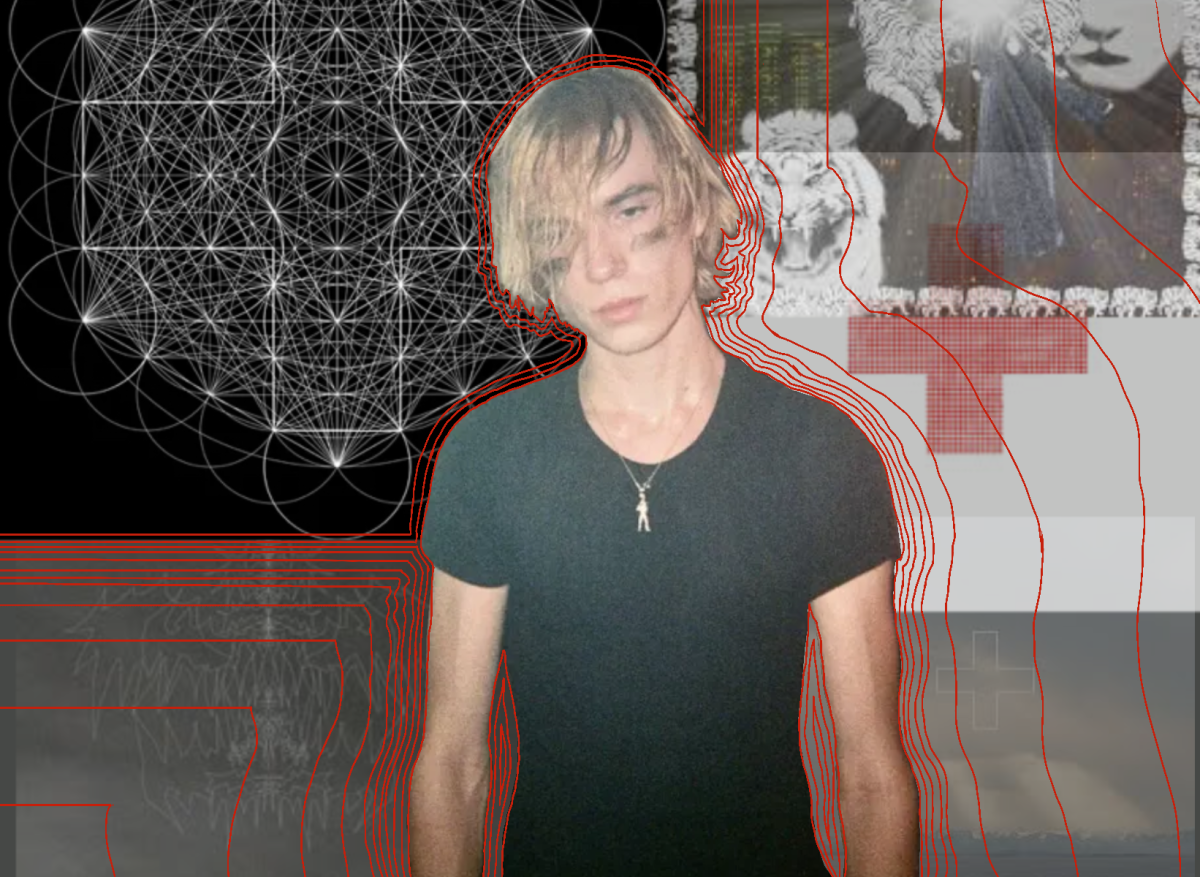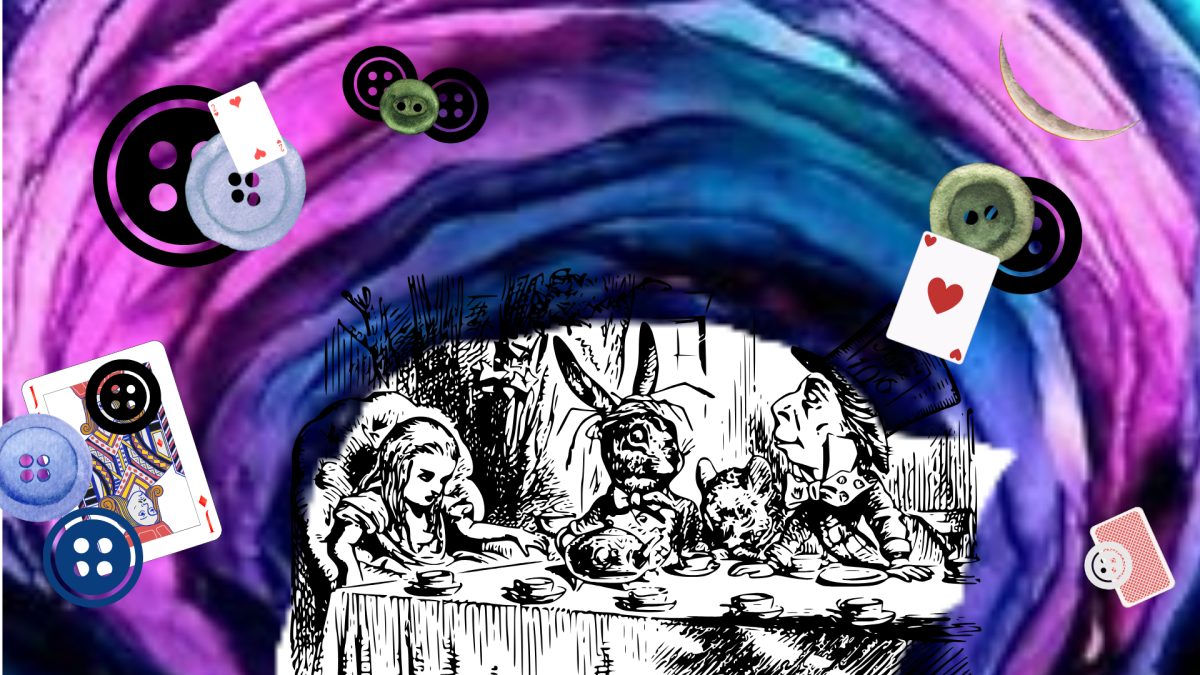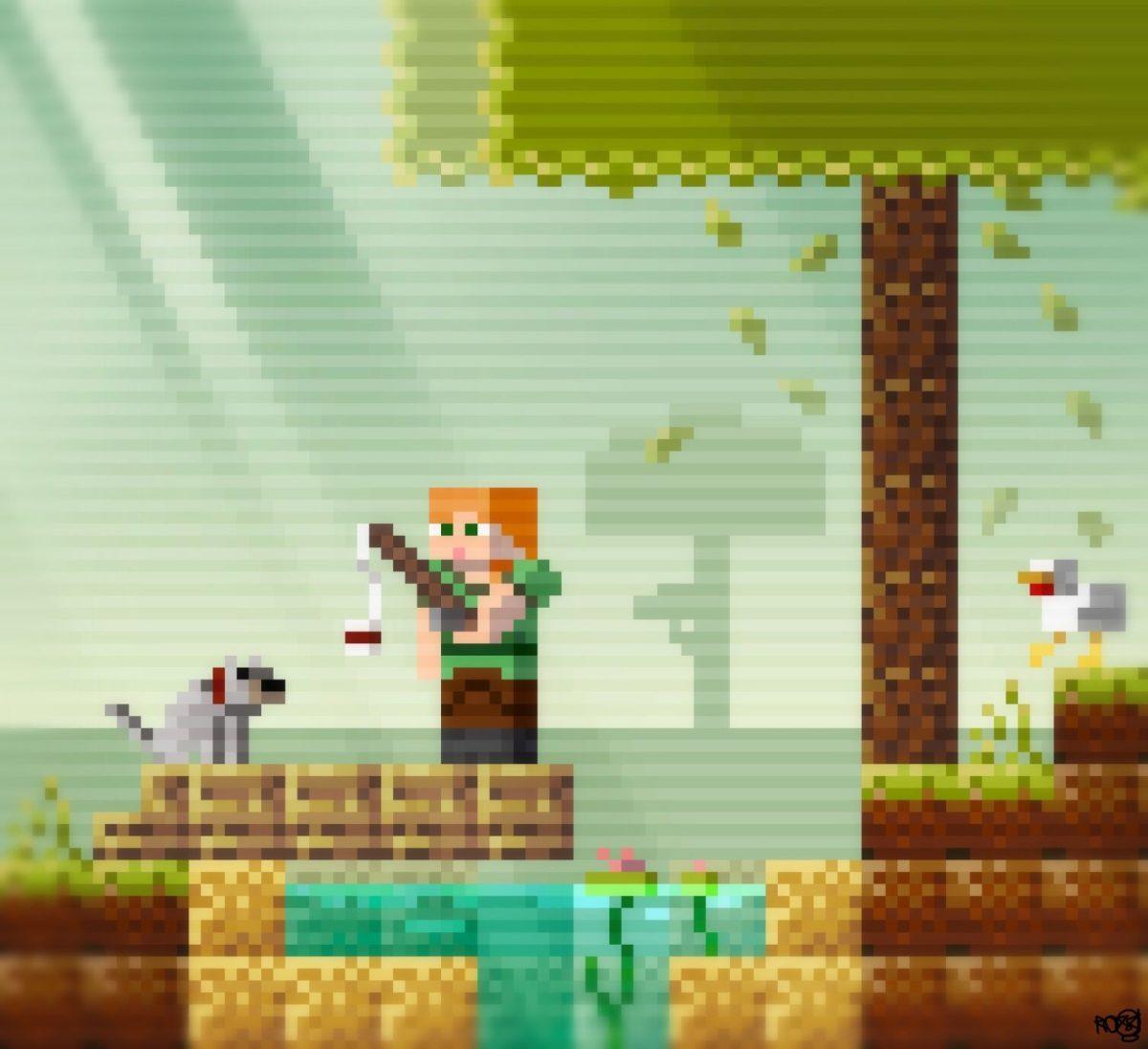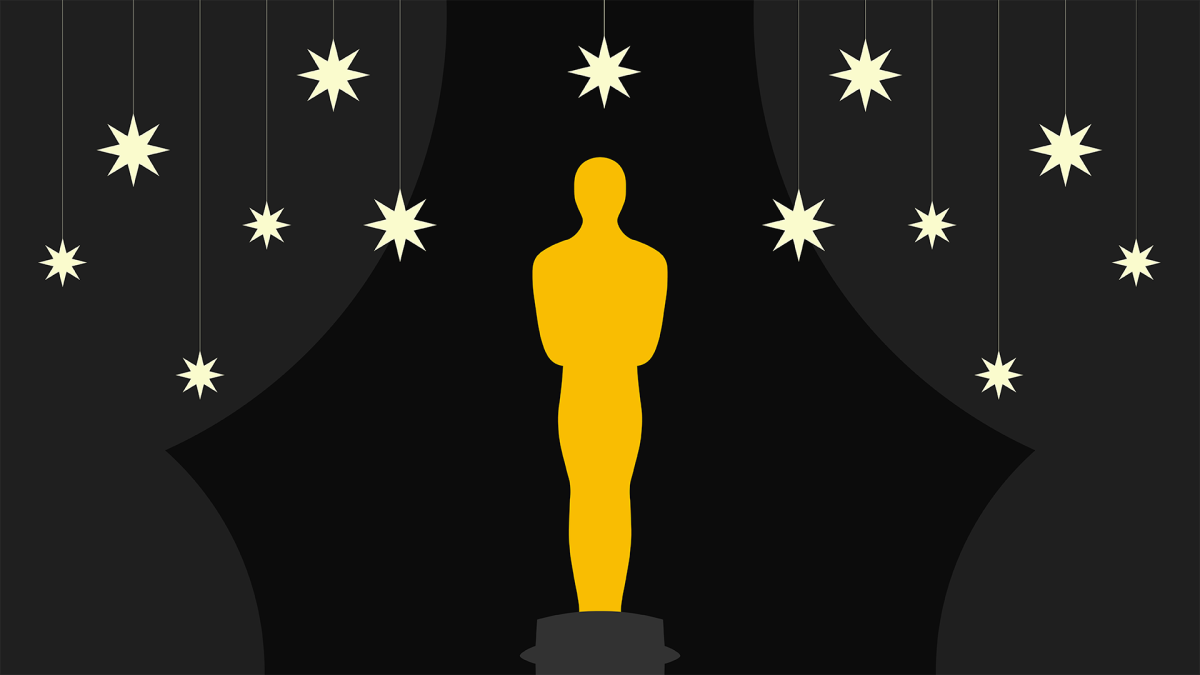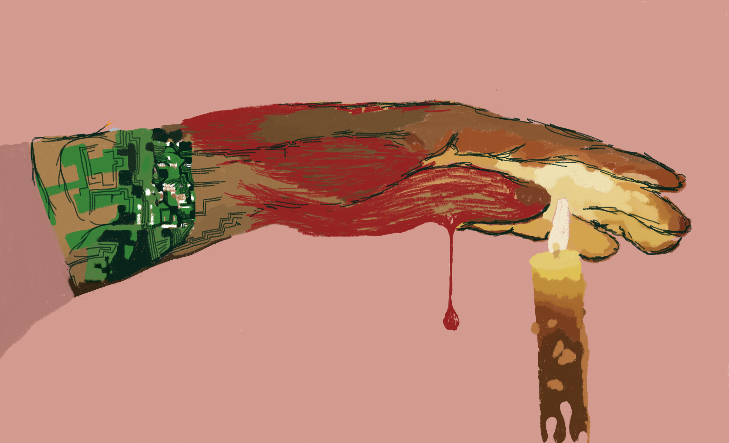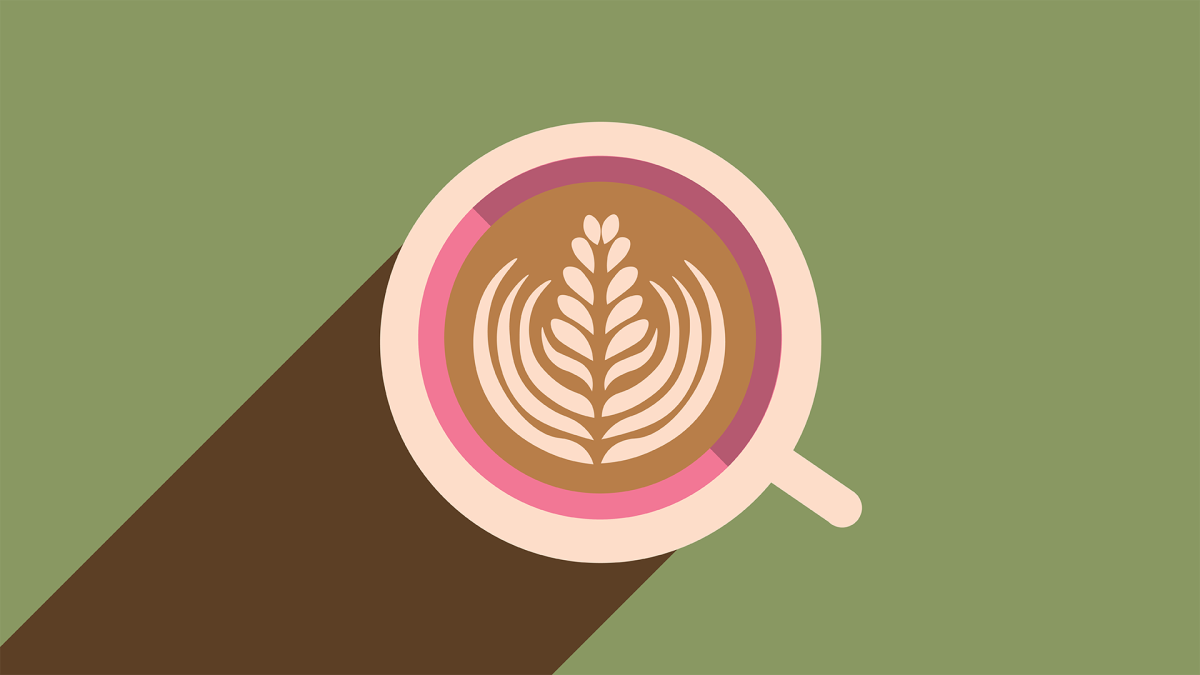With now six studio albums under her belt, it’s clear that Mitski has carved out a place in the elusive brand of sad-girl music, illustrating her struggles with identity, love and fame through poignant lyricism and imagery. Mitski has created a dreamy genre of her own — a mishmash of snappy indie pop, alternative rock and gloomy punk.
Mitski’s newest album “Laurel Hell” released just last Friday marking a four-year gap between her last album in 2018. In a now-deleted tweet posted before her final Central Park performance during the “Be The Cowboy” tour in 2019, Mitski said, “This will be my last show indefinitely, and I’m glad it’s ending in NY where I came up.”
Fresh from her indefinite hiatus, Mitski began promoting her new release “Laurel Hell” in late 2021. In an interview with Rolling Stone last December, Mitski said she owed one more record to her label.
“I contractually had to release it,” Mitski said to Rolling Stone. “I just didn’t know whether I would ask the label to take it and keep me out of it, or I would actually go out and present it.”
Named after the frighteningly beautiful laurel bushes that grow deep in the Appalachian mountains, the 11-track album “Laurel Hell” is noticeably different from Mitski’s past albums. It’s a much more dignified sound, less raw and achy, even stately in its sadness. “Laurel Hell” is a culmination of the sound popularized on “Be a Cowboy,” the edgy pop record that launched Mitski into the mainstream.
The album opens with “Valentine, Texas,” a reference to the opening track of “Bury Me in Makeout Creek,” “Texas Reznikoff.” The track is an ethereal and airy addition to Mitski’s immersive roots, presenting her unfolding tussle with love amongst her illusion of a small Texas town.
“Let’s step carefully into the dark / Once we’re in, I’ll remember my way around / Who will I be tonight? / Who will I become tonight?” Mitski sings.
Lead single “Working for the Knife” is a synth-heavy grungy critique of capitalism, an ode to the dreams Mitski left behind, cut by a metaphorical knife. The final chorus, “I always thought the choice was mine / And I was right, but I just chose wrong / I start the day lying and end with the truth / That I’m dying for the knife,” mourns the loss of Mitski’s artistic drive and humanity, as a puppet performing merely to expectations.
An allusion to the seemingly safe yet dangerous far-off storms that produce heat lightning, standout “Heat Lightning” is a tender and sorrowful portrayal of insomnia. The lines, “And there’s nothing I can do, not much I can change / Can I give it up to you? Would that be okay? / There’s nothing I can do, not much I can change / I give it up to you, I surrender,” depict Mitski as a bystander to the ever-changing “sky” while she remains static.
The most commercial songs on the entire album are undoubtedly “The Only Heartbreaker” and “Love Me More,” the two most likely to end up playing on the radio. “The Only Heartbreaker” is a cloying representation of the “bad guy” in a relationship, making repetitive mistakes and becoming “the loser in the game,” with the instrumental ending in a building electric climax. Punchy and powerful, “Love Me More” is a love letter to the itch of wanting more, needing more from a partner to fix your most toxic qualities. The two tracks boast an enormous amount of ‘80s influence and have a similar song progression, but are still “Mitski” enough, eclectic and with an avant-garde flow.
The biggest issue with this album is its inconsistency. Some critics have deemed “Laurel Hell” a record to dance to and others have said that it is ripe with turmoil and vulnerability. Ultimately, “Laurel Hell” is both of these things, and that is where this record fails. Most of the tracks on this album are saturated with synths, a few too overly exposed and grating — like in “There’s Nothing Left For You.” As to be expected from gifted writer Mitski, the lyricism is excellent, albeit buried by the loud instrumentals. The crux of the matter is that “Laurel Hell” is just not cohesive. Part of this lies in the fact that three of the most striking songs from the album were released prior as singles. As exceptional as they are, they detract from the electric listening quality of the entire album and wrench the listener away from Mitski’s hazy dreamscape.
Surrounded by the glaze of indie darlings that have emerged in the past decade, Mitski still reigns supreme. Mitski’s downfall might be her meme-ability; it contrasts with her dark enigma. Despite her shroud of privacy in the past few years, snippets of Mitski’s most popular songs have blown up on platforms like TikTok, alongside countless theories sparked by “Me and My Husband.”
Mitski has become more than a name to watch, she’s a superstar in her own right. “Laurel Hell” is the answer to that reckoning, her wish to hold on to her humble roots and reach deep within for those bruised emotions. That battle is transparent on “Laurel Hell,” but it isn’t executed very well. New Mitski fans might embrace “Laurel Hell” but in reaching for so many genres and audiences, Mitski’s original vision has diverged, and it’s not clear where it’s supposed to be.


